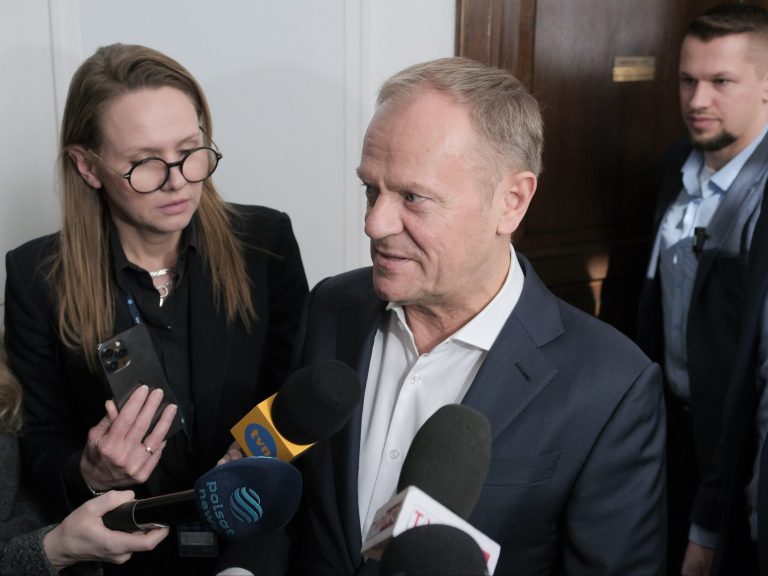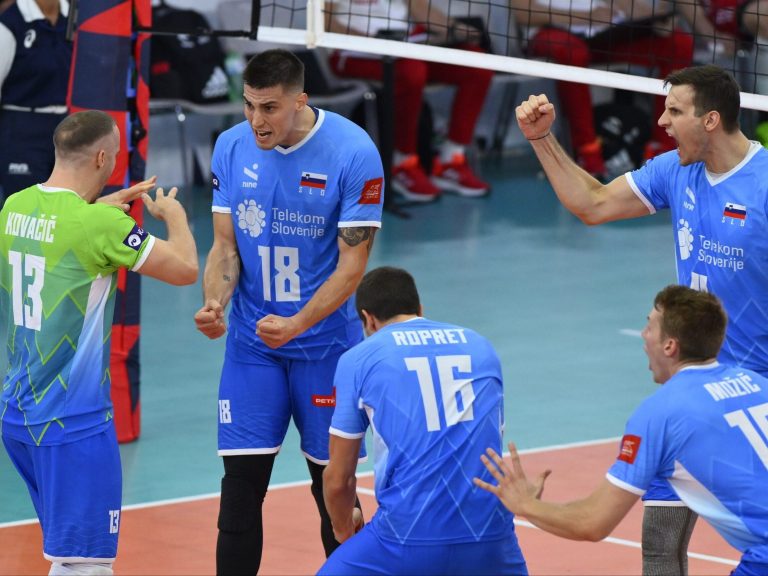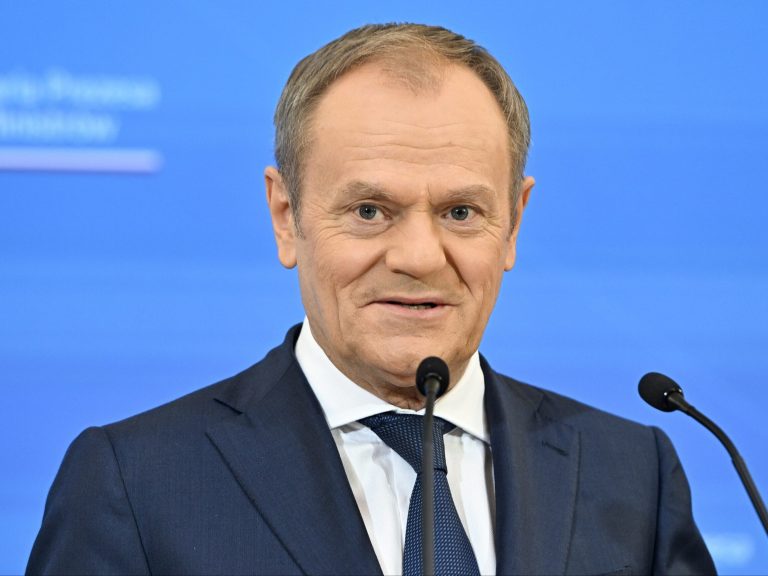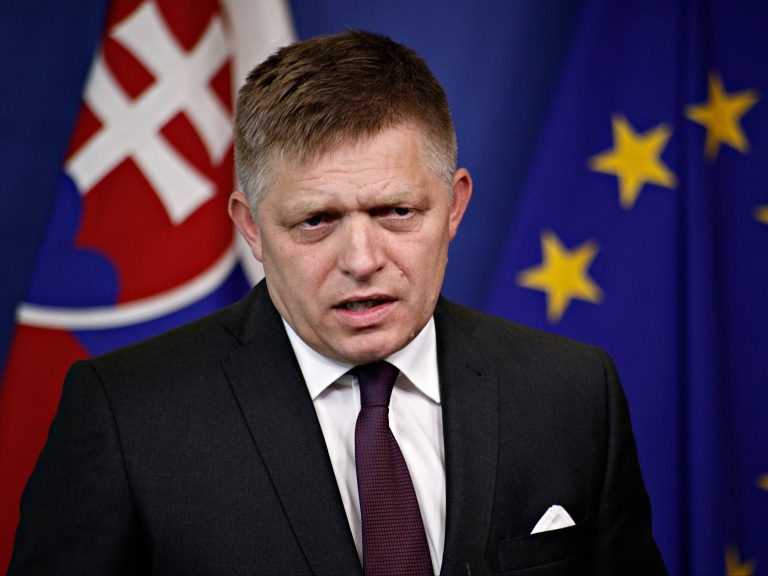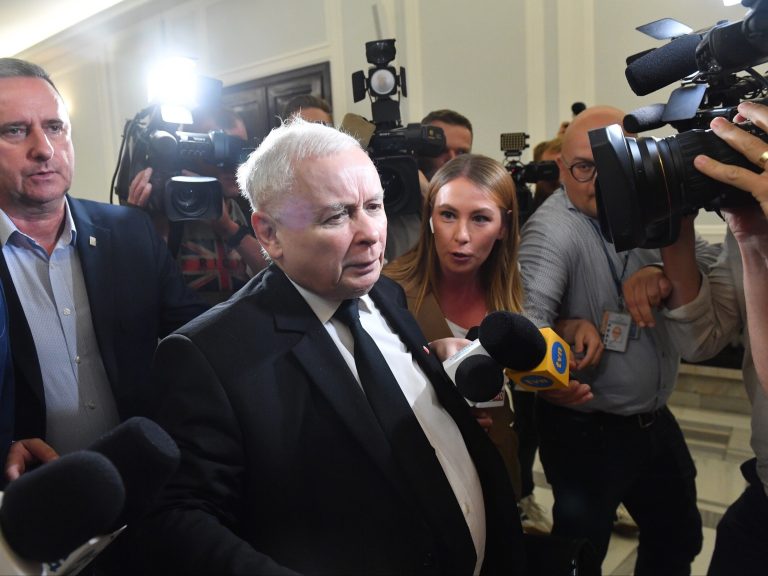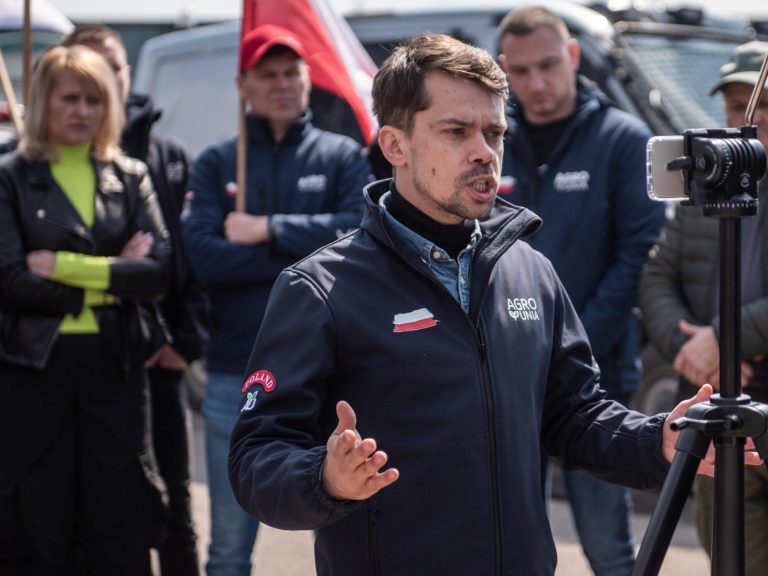Who will lead the army in time of war? The President appointed the Supreme Commander of the Armed Forces
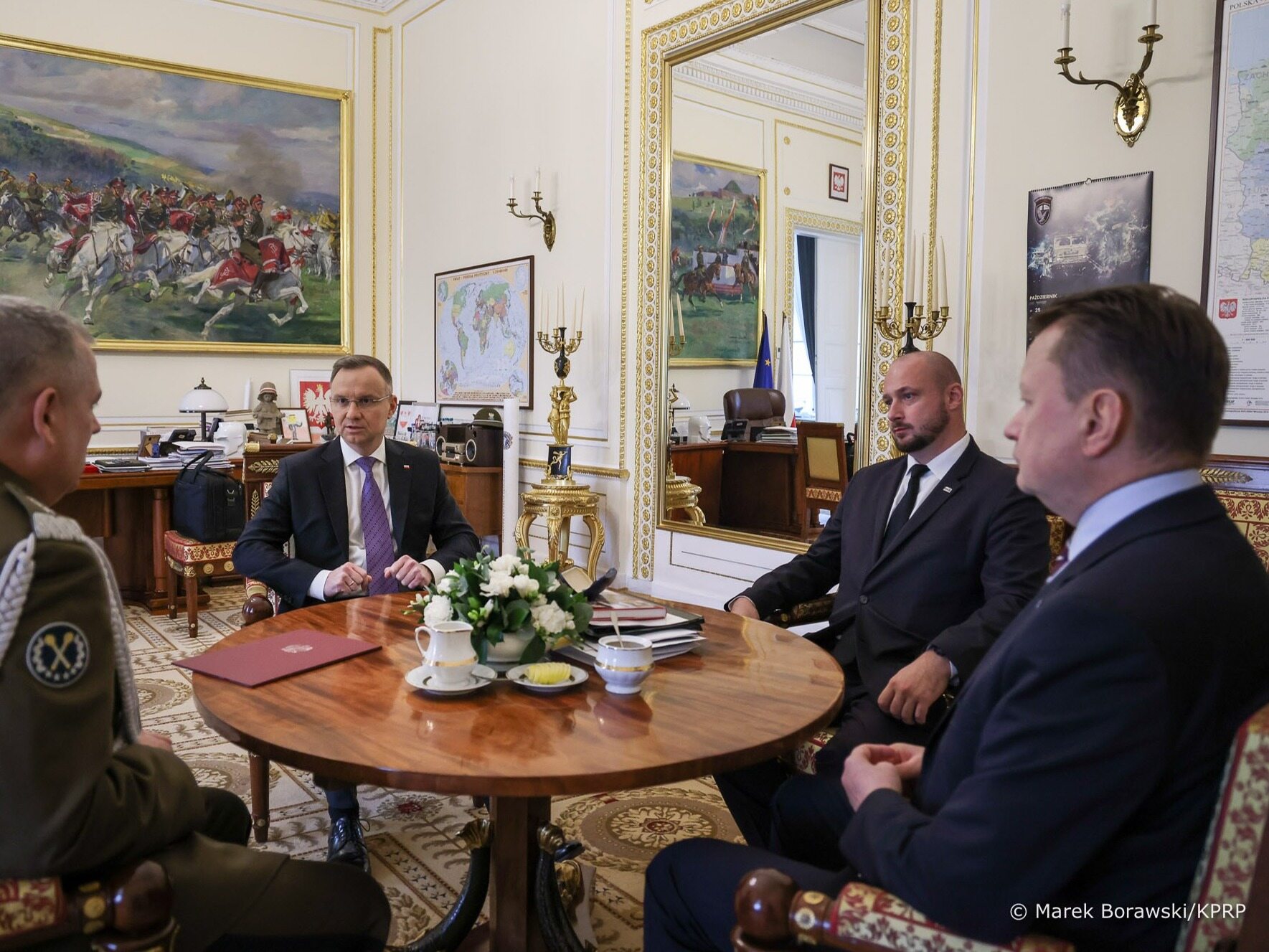
On Friday, Andrzej Duda presented the act of appointing the Supreme Commander of the Armed Forces. Who, in the president’s opinion, should lead the army in time of war?
A few days before the parliamentary elections, several key people left the Polish Army, including: Chief of the General Staff of the Polish Army, General Rajmund Andrzejczak, Operational Commander of the Armed Forces, General Tomasz Piotrowski, as well as 11 people from the General Command of the Armed Forces.
On October 10, President Andrzej Duda appointed their successors. General Wiesław Kukuła became the new chief of staff, and General Maciej Klisz became the new operational commander.
On Friday, October 27, Andrzej Duda, by way of resolution, designated Lieutenant General Wiesław Kukuła, Chief of the General Staff of the Polish Army, as the person to be appointed to the position of Supreme Commander of the Armed Forces. The information was provided by the National Security Bureau.
The president decided. He indicated who should lead the army in times of war
As explained in the BBN announcement, the president’s decision was issued pursuant to Art. 25 section 1 point 3 of the Act of 11 March 2022 on homeland defense, at the request of the Prime Minister. The presentation of the act of designation took place on Friday at the Presidential Palace.
The National Security Bureau explains that the purpose of designating a person to be appointed as the Supreme Commander of the Armed Forces is to enable that person to prepare in advance to perform his duties during war. “Both in terms of getting acquainted with the procedures planned in the event of activation of the war command system, participation in strategic level exercises, as well as analysis of the military potential to be used in a defense operation,” it added.
The appointment of the Supreme Commander of the Armed Forces by the president is carried out under the constitution and takes place in times of war. The commander directs the defense of the state in cooperation with the Council of Ministers and commands the Armed Forces and other units subordinated to him in accordance with national plans for using the Armed Forces to defend the state.

